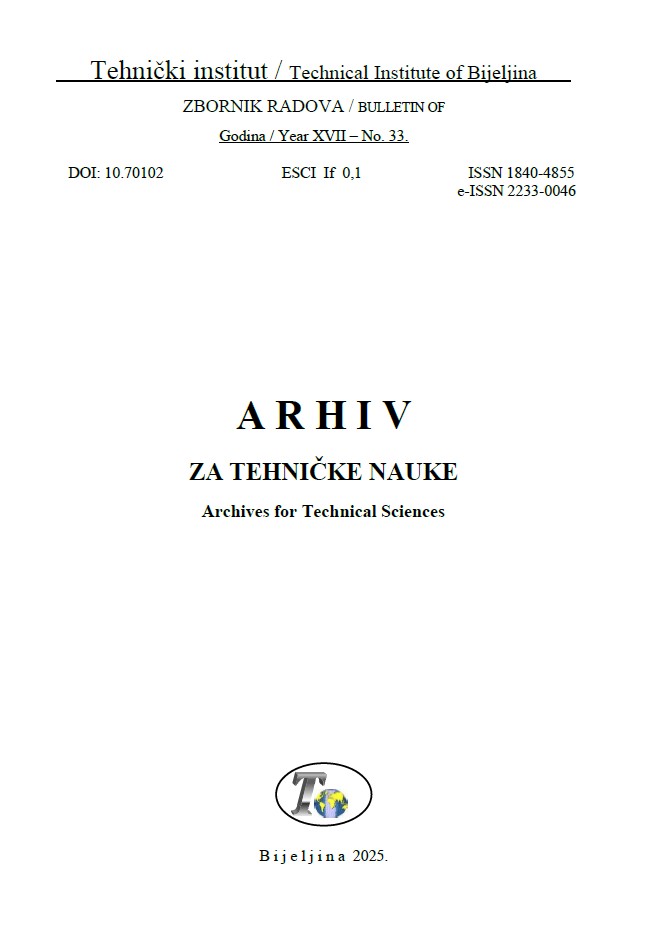 ,
,
MET Institute of Management , Mumbai , India
 ,
,
Vels Institute of Science, Technology and Advanced Science , Chennai , India
 ,
,
Vels Institute of Science, Technology and Advanced Science , Chennai , India
 ,
,
Vels Institute of Science, Technology and Advanced Science , Chennai , India
 ,
,
Vels Institute of Science, Technology and Advanced Science , Chennai , India
 ,
,
Vels Institute of Science, Technology and Advanced Science , Chennai , India

Vels Institute of Science, Technology and Advanced Science , Chennai , India
Background
Mental health is regarded as the core component of a person's health. India has a burden of 2442 disability-adjusted life years per 100,000 population imputable to mental health disorders, according to the WHO. The age-standardized suicide rate is 21.1 per 100,000 population. The estimated economic cost of mental disorders from 2012 to 2030 is computed to be USD 1.03 trillion. In addition, the disease burden is projected to increase by 35% over the current level, and the objective is to reduce the disability-adjusted life years from 3298 to 811 by 2040. The current study explored the mental health perceptions of different age groups, marital status, and occupation. Besides that, the discoveries of this study aim to develop plans for promoting awareness among people, taking affirmative measures to ward off mental illness, utilizing available resources to those who need them, and encouraging total well-being among all individuals and increased productivity.
Research Methodology
This research study, which is both exploratory and quantitative, was conducted to understand the mental health literacy scores of individuals from diverse professions in Mumbai A survey method was applied to gather information from 515 participants, and a convenient and a random sampling technique was employed. For the survey method, the MHLS questionnaire [7] was administered. The problems taken into account in the study were viz social phobia, Personality disorder, Drug dependence, Bipolar disorder, Agoraphobia, and generalized anxiety disorders
Results
The study indicates that the mental health literacy score differs statistically among various stakeholders, and similarly, there is a variation in the literacy score across different gender groups.
Conclusion
In conclusion, mental health awareness among diverse professions is a multifaceted issue that requires a holistic and proactive approach. Furthermore, the recommendations provided in the study can serve as a proactive step to promote the mental well-being of every individual and, in turn, contribute to the development of their holistic aspect. Further, it will also help to lessen the burden of mental illness and achieve reduced levels of disability-adjusted life years from 3298 to 811 by 2040.
This is an open access article distributed under the Creative Commons Attribution Non-Commercial License (CC BY-NC) License which permits unrestricted use, distribution, and reproduction in any medium, provided the original work is properly cited.


0
The statements, opinions and data contained in the journal are solely those of the individual authors and contributors and not of the publisher and the editor(s). We stay neutral with regard to jurisdictional claims in published maps and institutional affiliations.